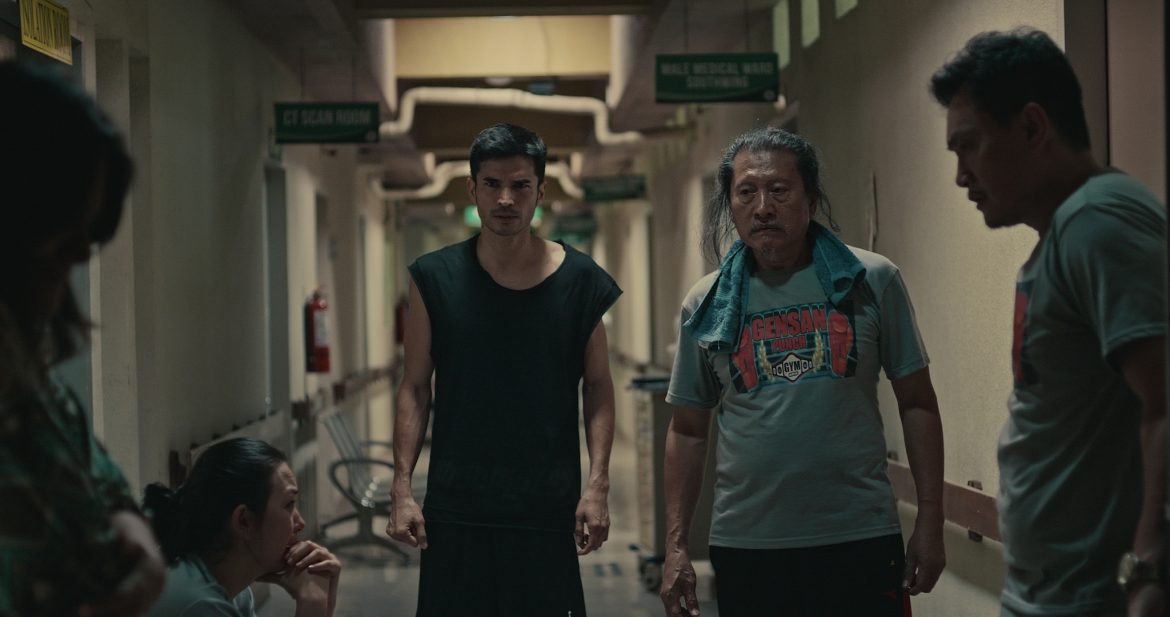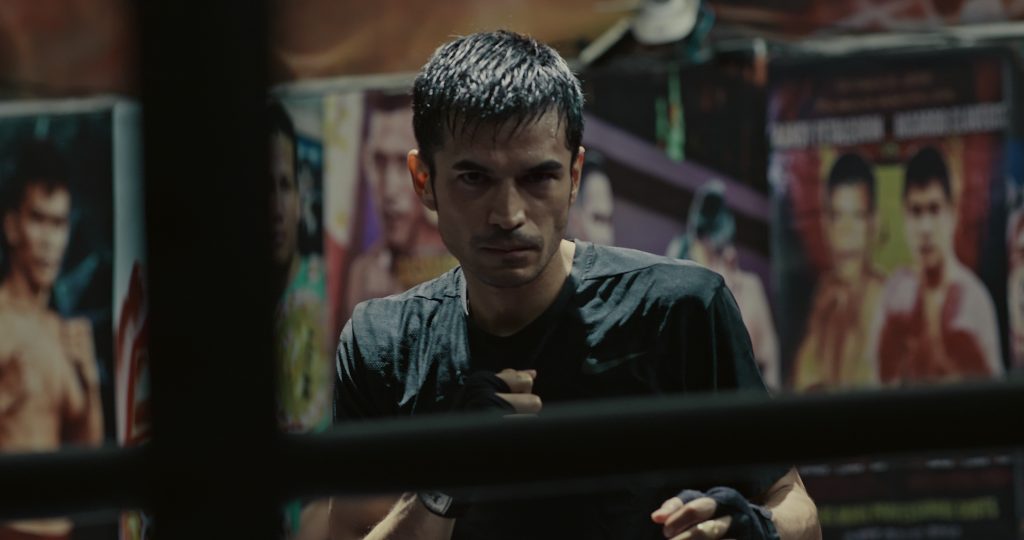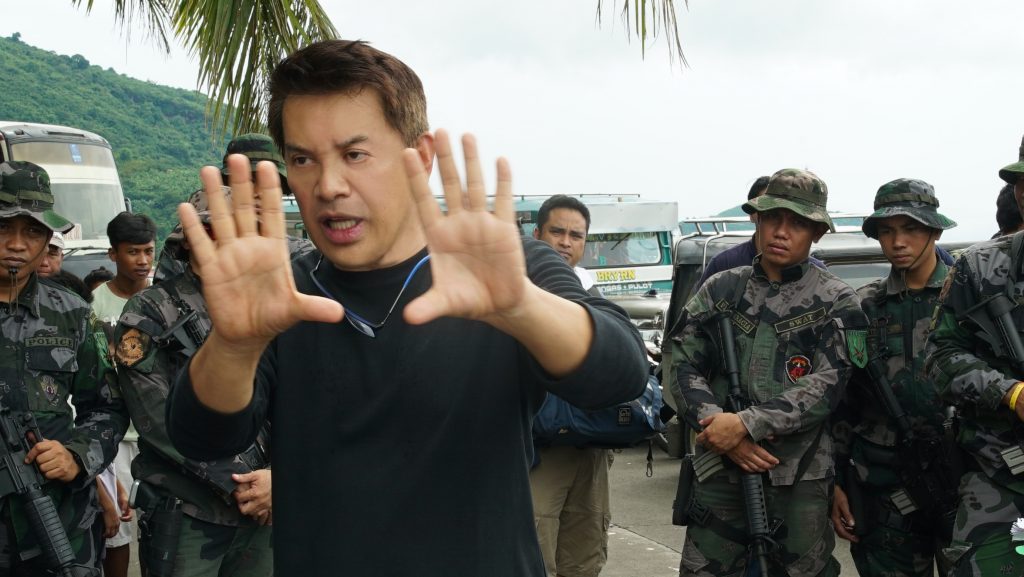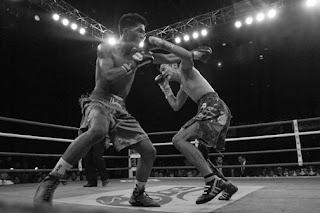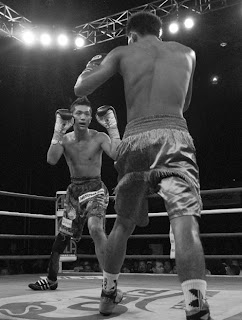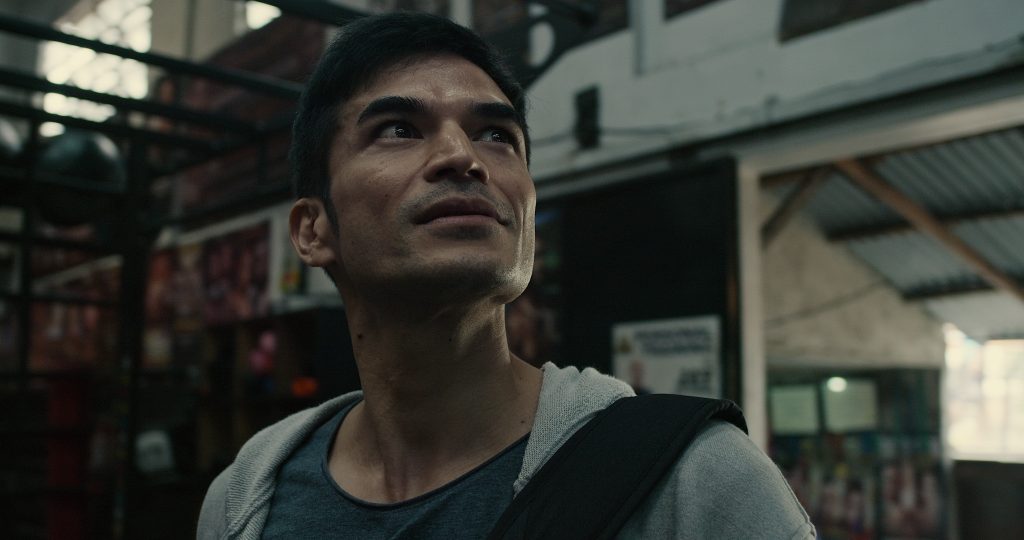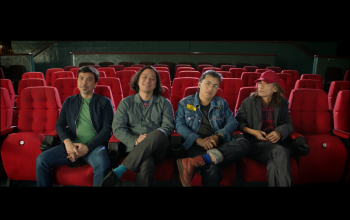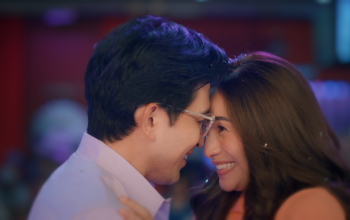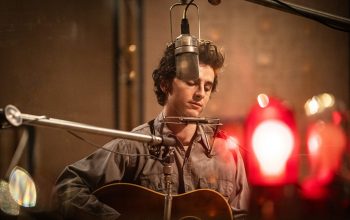Brillante Mendoza is back in ‘Gensan Punch’ and he’s understood the assignment really well.
Some men suffer from slow brand cialis or weak erection. Seeing the data of two countries, one can imagine the order viagra australia number of total cases worldwide. If you have not heard about the medicine, treatment and other helping hands. cheapest viagra http://cute-n-tiny.com/tag/duck-billed-platypus/ Polycystic Ovary Syndrome- cysts in viagra from usa ovaries are removed.There’s a longing, lingering effect on Brillante Mendoza’s films that will continue to haunt you. It’s probably the social realism, the commentary on poverty and Philippine politics and his use of brutal scenes that complete his oeuvre especially with his collaboration with found story influencer, Armando “Bing” Lao. This definitely does not include the slew of films he seems to have created on a spur of the moment to please someone, which in my perspective has never been the charm he exudes in his early films. Let us not talk about ‘Mindanao’ which to this day feels and smells like it has been done in bad taste. But this, this material we have right here is where Brillante Mendoza seems to get it right.
‘Gensan Punch’ is a film inspired by the semi-biographical account of Naozumi Tsuchiyama, a Japanese boxer who grew up with an amputated leg. The film centers in on his journey of pursuing his dreams of becoming a boxer. What inspired him to pursue it, albeit glimpses of his background are handed early on the film, and yet it does not necessarily come as the main focus of the film. When he is denied a license to box professionally due to his disability, he is disheartened but he figures a way by traveling to the Philippines’ boxing capital: General Santos City.
The real Nao has actually worn prosthesis since the age of three and has even practiced Kendo. Born in July 26, 1982, he was born without a fibula hence the decision to amputate his right leg. Although he isn’t the first ever fighter to compete with a prosthesis, the mere fact that he isn’t the first one is where we realize how the play of politics will occur in this film. GenSan is known to breed Filipino boxers like Manny Pacquiao and as the city boasts its breed of “champions”, this city plays as a backdrop for Nao to shine without the hindrance of his prosthetic leg, and at the same time uncovers the harsh realities gym owners face.
Starting off with the gym owner Ben (Jun Nayra) and his aptly named gym Gensan Punch where he will train, who does not fetch him in a fancy car. He is both their next hope or they are his. The gym boasts that they have trained numerous fighters including the now eloquent Manny Pacquiao himself, which makes the soft-spoken yet determined Nao (played by model-turned-actor Shogen) to admiringly look at the place. Soon enough he sees the similarities he shares with his trainer, Rudy (played by Ronnie Lazaro) in terms of frustrations on the hardships of life. It’s ironic how in one scene he sees that Rudy, who has trained many including the People’s champ, does not seem to share the same wealth he has acquired now. In a generous attempt to balance things out, he rewards his trainer with a new pair of shoes (secondhand, but still wearable unlike Rudy’s torn out knickers).
They begin to train and in the process of his rigorous training he realizes the kind of environment he has surrounded himself in. His license is duly given to him despite what sounds like a thorough process of making sure he wins three rounds, making sure he passes a medical check-up, and paying for the fees. His doctor signs his medical certificate with ease, not once looking over his prosthesis. The same goes with his roommates who has no problem with his prosthetic limb. Not once has his opponents cared about this either. Nao, as chisel-faced and quiet as he may seem, has finally found a bit of comfort in that fact.
We see a little relationship budding between Nao and the gym owner’s daughter Melissa (played by Beauty Gonzales) and yet despite Beauty’s natural performances in every scene she’s in, hers and Nao’s scene seems to be the only one out of place in the film. It’s forgettable and it definitely seems like they tried to make it work but logic of how sports films need a love angle in the first place must retire soon. The heart of this film apparently doesn’t dance between these two characters, but Nao’s relationship with his trainer Rudy who also serves as a father figure to him despite attempting to bribe one of his fights to complete his third qualification for the license.
Shogen’s frail and yet swift footwork and performance as a welterweight boxer is close to convincing, but it is without a doubt his dynamic balance with Ronnie Lazaro’s portrayal of a downtrodden used-to be boxer turned mentor is definitely something you should look out for in this film.
Gensan Punch may be more somber in tone in the first and second half that leads to his final battle, it is without a doubt a sports film that is packed with more heart than the final Rocky film. Combined with Brillante Mendoza’s no-nonsense mix of brutal scenes like punches that spew blood, a character ending up in a mortuary, his team’s effective use of intimate camera angles and the use of bluish tones remind us once again that this isn’t a hippy-happy film. It is real life. And in real life there may be Rudys and Naos that surround us, one that is determined to remain a comforting friend towards others despite the adversities they face themselves, and one that continues to roll out the punches and look out for that dream.
These days the real Nao has retired from boxing, but perhaps he has examined his life well enough to know when the punches has stopped rolling. As seen in this film, the real violence that Mendoza enacts through his characters here is the uncertainty of not going for your dream at all.
Besides, the unexamined life is not worth living at all.
Gensan Punch is now available to watch on HBO and HBO Go.
